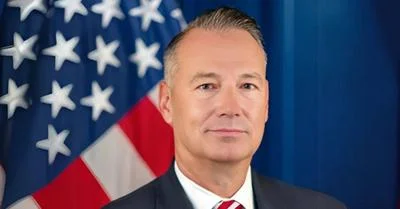Pexels.com
Pexels.com
A strike by members of the Chicago Symphony Orchestra is headed toward a third week as the musicians and management remain at odds over proposed pension benefits and pay raises.
The Chicago Symphony Orchestra Association (CSOA) wants to replace the orchestra's traditional defined-benefits retirement plan with a defined-contribution plan in order to rein in costs, but musicians want to preserve their promised pension benefits. The current retirement payout would amount to $77,000 per year for a musician with 35 years of service, according to the CSOA's numbers.
Current pension costs would require the CSOA fund a liability of $36 million over the next eight years – something the association says it can't afford.
Another sticking point is wage increases. The association has proposed pay raises of 5 percent over the next three years, but the musicians favor 12.5 percent, arguing that the association's raise proposal would put CSO on a path toward becoming a second-rate orchestra.
During the 2017-2018 season, symphony musicians were paid a base salary of $159,016, with average annual paychecks reaching $187,500. The CSO base pay is higher than what major symphony orchestra members received in Boston (minimum pay of $153,400); New York ($146,796), Cleveland ($135,096) and Philadelphia ($128,789).
Only in Los Angeles, where the symphony orchestra's musicians received a combined base pay and housing allowance of $164,476, and San Francisco ($166,400) are the pay scales higher, according to CSOA numbers.
CSO musicians also receive 12 weeks of guaranteed paid time off, a higher level than the other previously mentioned cities. And CSO's maximum number of rehearsals and concerts annually is less than what takes place in the other cities, according to the Council for Community and Economic Research.
CSO wage increases of $998 per week have been approved between 2005 and 2018, the CSOA reports, while increases in the musicians' share of health care costs remained much lower over that time.






 Alerts Sign-up
Alerts Sign-up